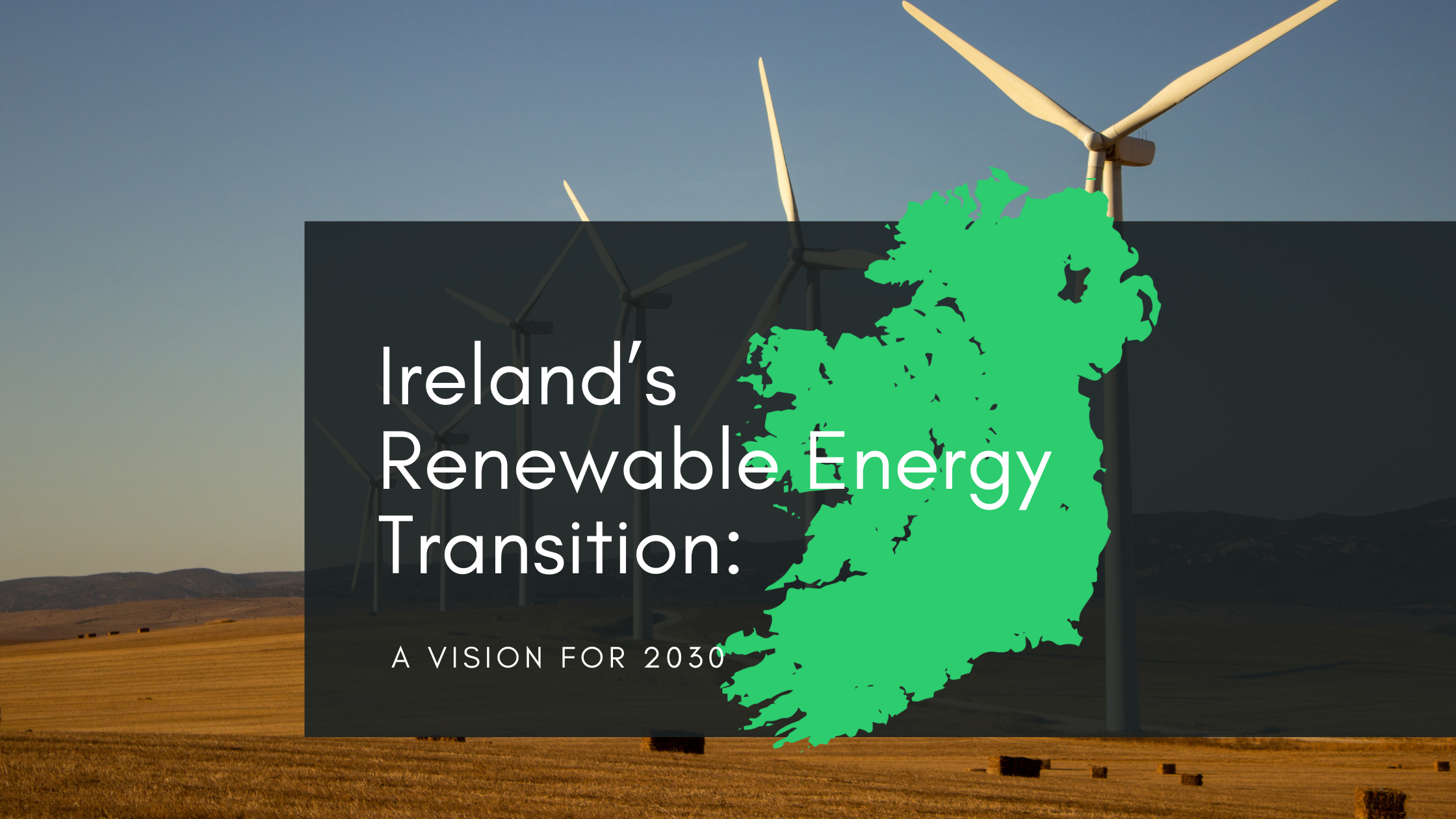
Ireland’s Renewable Energy Transition: A Vision for 2030
Ireland is making strides toward a greener future with its ambitious plan to transition to renewable energy by 2030. This effort forms a cornerstone of the country’s broader climate action strategy, aiming for an 80% renewable electricity supply while cutting overall greenhouse gas emissions by 51% compared to 2018 levels.
Key Components of the Renewable Energy Transition
-
- Offshore Wind Energy Development:
Offshore wind is at the heart of Ireland’s renewable energy ambitions. With one of the most abundant wind resources in Europe, the Irish government has set a target of installing at least 7 GW of offshore wind capacity by 2030. Major projects in the Irish Sea and Atlantic Ocean are expected to drive this transformation, supported by streamlined planning processes and international investment. - Solar Power Expansion:
Solar energy is another crucial element of the plan, with substantial growth in both rooftop and utility-scale solar projects. By 2030, solar installations are expected to contribute significantly to the national grid, complementing wind power and providing a more balanced and resilient energy system. - Onshore Wind Scaling:
Onshore wind farms, which already account for a significant share of Ireland’s renewable energy, will continue to expand. Advanced turbine technology and community engagement are key to ensuring the continued success of these projects. - Grid Modernization:
A reliable and modernized electricity grid is essential for integrating high levels of renewable energy. EirGrid, the state-owned grid operator, is leading efforts to enhance grid infrastructure, improve storage capacity, and enable cross-border energy sharing with neighboring countries. - Decentralized Energy Solutions:
Ireland aims to empower communities and households to contribute to renewable energy production. Initiatives like microgeneration schemes, which allow households to install solar panels and feed excess energy back into the grid, are gaining momentum. - Energy Efficiency and Demand Management:
Energy efficiency is critical to maximizing the benefits of renewable energy. Smart grids and demand management programs will help balance supply and consumption, ensuring a stable and sustainable energy system.
- Offshore Wind Energy Development:
Policy Support and Investments
Ireland’s Renewable Energy Transition is underpinned by strong policy measures, including the Climate Action Plan and Renewable Electricity Support Scheme (RESS). These initiatives provide financial incentives for renewable energy projects, attract private investment, and ensure that communities benefit from the shift to green energy.
The government is also working to secure international partnerships and investments to develop offshore wind infrastructure. Public awareness campaigns aim to build support for renewable energy and encourage energy-efficient behaviors.
Challenges and Solutions
While Ireland’s renewable energy transition presents significant opportunities, challenges remain. These include:
-
- Planning and Regulatory Hurdles: Streamlined approval processes are essential to meet ambitious timelines.
- Community Acceptance: Ensuring that local communities are consulted and share in the benefits of renewable projects is crucial.
- Energy Storage: As renewable energy generation fluctuates with weather conditions, enhancing storage capacity is vital to maintain a consistent power supply.
Innovative solutions, such as battery storage systems and green hydrogen production, are being explored to address these issues.
A Path to Energy Independence
By transitioning to renewable energy, Ireland is reducing its reliance on imported fossil fuels, enhancing energy security, and protecting against volatile energy prices. The country’s natural resources—particularly wind and solar—position it as a leader in clean energy generation and potential energy exports.
A Greener Future
Ireland’s Renewable Energy Transition by 2030 is a bold and forward-thinking initiative that reflects the nation’s commitment to sustainability. As the plan unfolds, it promises not only environmental benefits but also economic growth through job creation, technological innovation, and international collaboration.
By harnessing the power of nature, Ireland is lighting the way toward a cleaner, more sustainable energy future.




